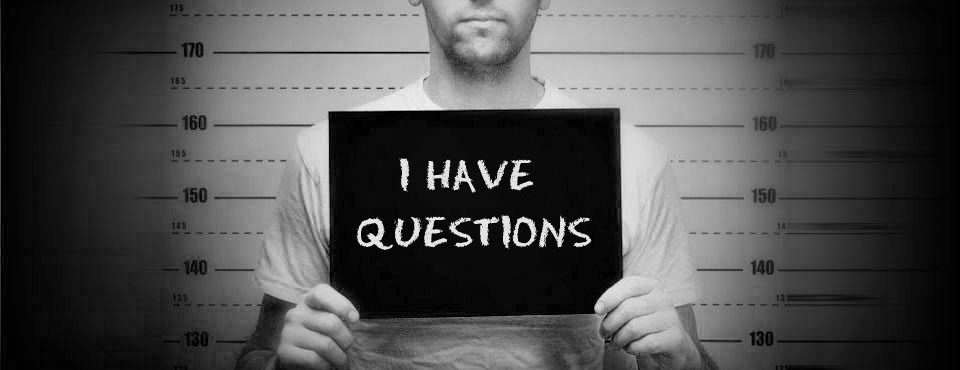
If you’re arrested, incarcerated and charged with a crime, you must either convince the judge to grant release on personal recognizance or post bail. This guide discusses the process of bailing out of jail.
WHAT IS BAIL?
Traditionally, bail is some form of currency and/or property deposited or pledged to a court to persuade it to release a defendant from jail, on the understanding that the defendant will appear for trial and other court hearings or forfeit (give up) the bail. If the defendant pays bail and still fails to appear for court hearings, he could possibly be brought up on charges of the crime of failure to appear (better known as Bail Jumping).
In some cases bail money may be returned at the end of the trial, if all court appearances are made and the case is resolved by negotiations, dismissal or trial verdict. If a bondsman is used and a surety bond has been obtained, the fee for that bond is the fee for the insurance policy purchased and is not refundable (see more below).
WHY DO COURTS IMPOSE BAIL?
Under CrR 3.2, it is presumed that defendants charged with crimes shall be released without posting bail (personal recognizance) UNLESS the criminal charges are a capital offense, there is shown a likely danger that the accused will commit more crimes, and/or there is a showing the defendant will seek to intimidate witnesses, or otherwise unlawfully interfere with the administration of justice. If the judge chooses to NOT release the defendant, they may impose bail. Judges set bail to guarantee that a defendant will appear when required. If a defendant is deemed dangerous or a flight risk, then bail will be set high.
HOW DO I HIRE A BAIL BONDING COMPANY?
Find a reputable bail company located close to the court and/or jail. The “bail bondsman” has immediate access to court records which show the details of the defendant’s case; including whatever bail amount the judge imposed. Bail companies offer the service of having you pay only a certain amount – say, 10% – of the posted “bond” that courts impose. For example, if a defendant’s bail is $25,000, the bail bondsman will only charge you $2,500 and “put up” the remaining $22,500 to the court in order to bail you out. This 10% fee to the bondsman is non-refundable.
CAN MY ATTORNEY ASK THE JUDGE TO LOWER MY BAIL?
Yes. One of the greatest services a competent defense attorney can do for their clients is assist in getting them released from jail. Defense attorneys “Note Up” a Bail Review Hearing before the judge and ask that a defendant’s bail be lowered or that the defendant be released without bail altogether. Judges review the nature of the pending criminal charges, a defendant’s prior criminal history, their history of failing to appear at past court hearings, and their ties to the community (property ownership, employment, family, school, etc.). Factoring all of this, the judge decides whether to lower bail or release the defendant altogether.
At the hearing, the Prosecutor tells the judge why bail should be maintained at its current amount; and some Prosecutors even request that bail be increased. Consequently, Bail Review Hearings are never easy, and are sometimes risky. Despite the challenges, competent defense attorneys find creative ways to find resolutions pleasing all parties, including the Prosecutor.
For example, CrR 3.2 allows release of defendants to the care of willing and responsible members of the community, including family members. Also, judges may be influenced to impose other pretrial release conditions such as mandatory curfews, staying away from businesses serving alcohol. Almost everything is negotiable. Hire a competent defense attorney to assist this endeavor. Getting out of jail saves people’s careers, maintains stability in the family and allows your defense attorney more time to either resolve the case or prepare for trial.
Please contact my office if you, a friend or family member are charged with a crime and need assistance convincing the judge to either release on their own recognizance or set a reasonable bail amount. Hiring an effective and competent defense attorney is the first and best step toward justice.






